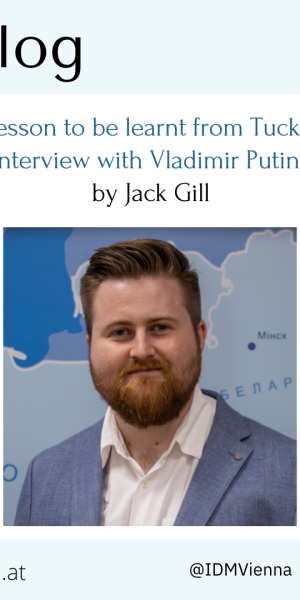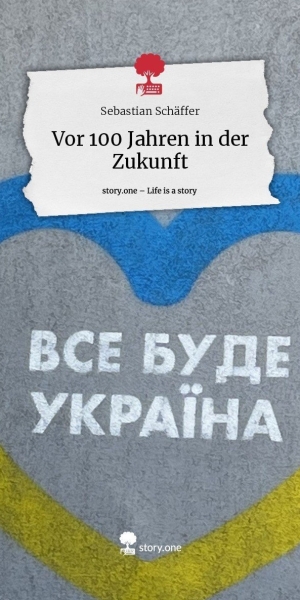You can read or download this policy paper by clicking on the picture above.
Navigating Uncertainty: Exit Strategies from the Temporary Protection of Ukrainian Refugees
Olena Khylko, PhD & Malwina Talik, MA
This policy paper addresses the challenging issue of transitioning from the Temporary Protection Directive (TPD) to a lasting solution. It aims at proposing a sustainable approach that ensures the continued protection of refugees, while also considering the aspirations of Ukraine and its government amidst the prevailing uncertainties. Although this paper primarily targets decision makers, journalists and political experts will also find information relevant for understanding the wider context of the future of Ukrainian refugees.
Recommendations
- Grant EU long-term residency (LTR) to Ukrainian refugees as a pre-step to Ukraine’s prospective EU accession: This would enable refugees to maintain their lives in the EU without interruption, demonstrating the EU’s commitment to Ukraine’s future membership. Refugees would thus not only continue supporting Ukraine with remittances, but they could also, as in the case of many diasporas, have a positive impact on Ukraine’s path of integration into the EU and, through brain circulation, assume the role of facilitators for contacts, investments and exchanges. Such a solution should not disadvantage those refugees who exchanged their initially granted TP status for temporary residency, becoming self-sufficient taxpayers and contributors to the economies of their hosting states. To avoid perpetuating the „waiting dilemma,“ it would be crucial not to delay the decision and preferably announce it before the EP elections.
- Maintain a dialogue with the Ukrainian government. Seek mutual compromises and avoid a presentation of the solution as a zero-sum game where the EU and Ukraine consider each other as competitors for demographic and labour potential. Rather, refugees should be encouraged and empowered irrespective of their decision to remain or to return home in order to build relations between Ukraine and the EU.
- Foster circular migration and the “dual intent” framework. Many Ukrainians may want to contribute more to their home country’s economy but face safety concerns and barriers to investing or starting businesses there. It is vital to provide opportunities while ensuring a safe haven in the EU. This would offer a more sustainable alternative to incentives for voluntary return and could help lay the groundwork for post-conflict reconstruction. The Ukrainian government can create hybrid and digital job opportunities. Host countries should allow Ukrainians to engage in entrepreneurial activities and consult with banks and developers to extend loan policies for long-term status refugees. Adopting a “dual intent” framework could prepare for both indefinite stay and possible return.
- Counter disinformation through well-designed information campaigns. Social attitudes influence political decisions, especially regarding migration, a polarizing issue in the EU. Effective communication is essential to overcome hindrances, especially with Russian disinformation aiming to divide European societies. Despite initial support for Ukrainian refugees, “solidarity fatigue” has emerged and must be addressed. With numerous upcoming elections, shaping the narrative is crucial to prevent populists from determining the message. Highlighting refugees‘ contributions to EU economies and Ukrainian democracy counters negative speculation.


